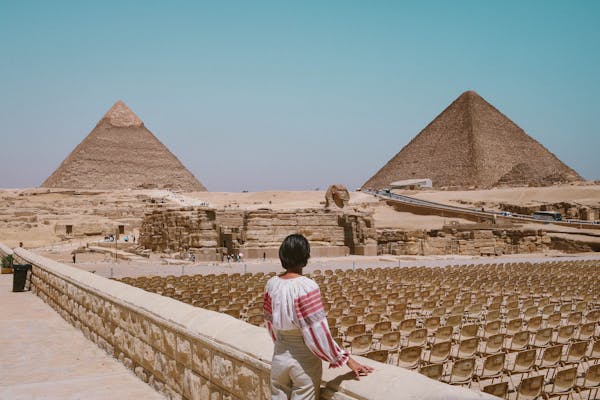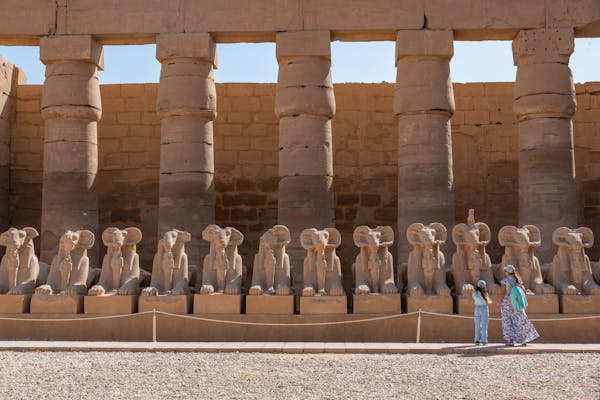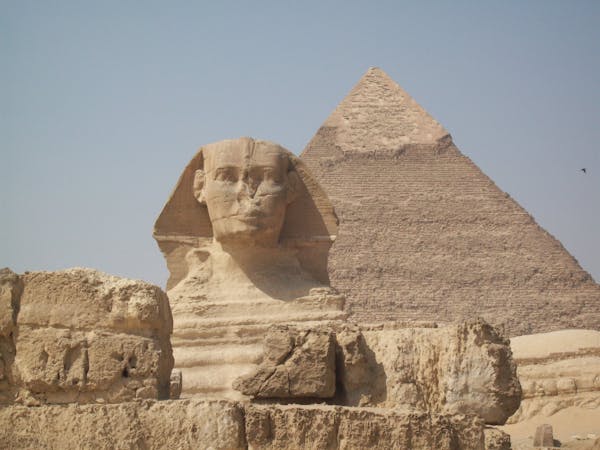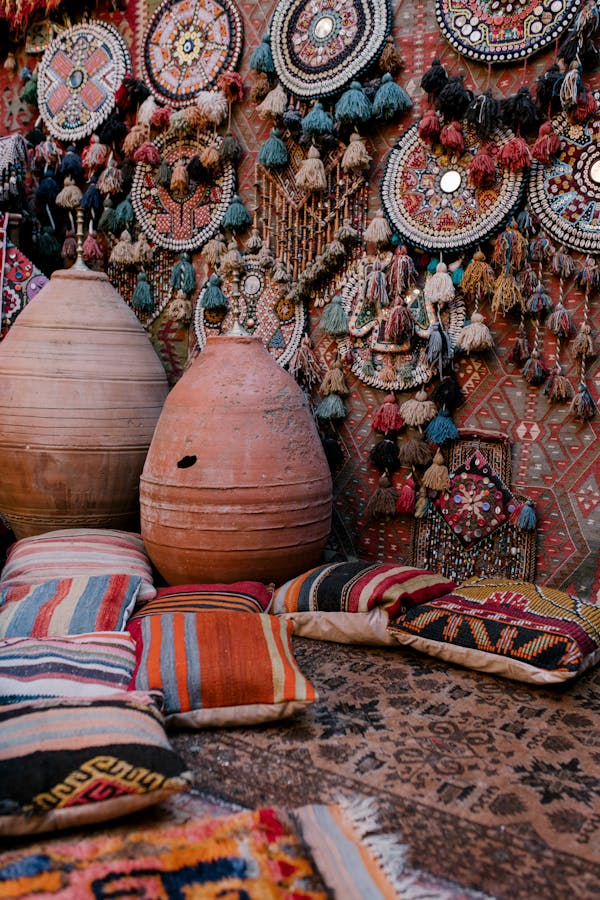"Discover the Best Tourist Attractions in Egypt"
"Create Lasting Memories with Family Travel"
Search This Blog
Link List
Featured post
"The Ultimate Guide to Exploring Cairo, Egypt"
Recent in Technology
"Uncover the Rich Culture of Egypt"
Egypt is a country steeped in history, with a rich cultural heritage that has been passed down from generation to generation. From the magnificent pyramids and temples of ancient times, to the bustling streets of modern-day Cairo, Egypt is a country that never fails to fascinate and amaze its visitors.
A Brief Overview of Egyptian History
Egypt has a long and storied history, dating back to the days of the Pharaohs and ancient kingdoms. The ancient Egyptians were known for their advanced civilization, which included sophisticated writing systems, monumental architecture, and religious beliefs. Over the centuries, the country has been ruled by various powers, including Greeks, Romans, Arabs, and Ottoman Turks. Today, Egypt is a modern and thriving nation, with a rich cultural heritage that continues to be an important part of the country's identity.
The Pyramids of Giza: A Masterpiece of Ancient Engineering
One of the most famous landmarks in Egypt is the Pyramids of Giza, located on the outskirts of Cairo. These massive structures were built more than 4,500 years ago and continue to stand as a testament to the incredible engineering skills of the ancient Egyptians. The largest pyramid, known as the Great Pyramid, was originally 146 meters tall and is believed to have been the tomb of Pharaoh Khufu. Visitors can tour the pyramids and learn about their history and significance, as well as admire the stunning views of the surrounding desert landscape.
The Temples of Luxor and Karnak: A Window into Ancient Religion
Another important aspect of Egyptian culture is religion, and this is reflected in the many magnificent temples that still stand today. The Temples of Luxor and Karnak are two of the most impressive examples, and are located in the city of Luxor on the banks of the Nile River. These temples were built to honor the gods and goddesses of the ancient Egyptian pantheon, and were once the center of religious life in the country. Today, visitors can explore the temples and marvel at the intricate carvings, hieroglyphics, and paintings that adorn the walls and columns.
The Sphinx: A Mysterious Monument
Another famous monument in Egypt is the Sphinx, located near the Pyramids of Giza. This massive statue is carved from a single piece of stone and depicts a human head with the body of a lion. The exact meaning and purpose of the Sphinx remain a mystery, but it is believed to have been a symbol of power and protection for the Pharaohs. Visitors can admire the Sphinx up close and learn about its fascinating history and significance.
The Cairo Museum: A Treasure Trove of Ancient Artifacts
Egypt is also home to a wealth of ancient artifacts, many of which are housed in the Cairo Museum. This museum is one of the largest and most comprehensive in the world, and is home to an incredible collection of artifacts from ancient Egyptian civilization. Visitors can see treasures such as the mummy of Pharaoh Tutankhamun, as well as beautiful sculptures, jewelry, and pottery. The museum also offers a glimpse into the daily life of the ancient Egyptians, with exhibits showcasing their food, clothing, and tools.
The Bazaar Culture: A Unique Shopping Experience
Another important aspect of Egyptian culture is the vibrant bazaar culture, which is reflected in the many bustling markets and souks that can be found throughout the country. These markets are a great place to shop for souvenirs and locally made goods, and are also a great way to experience the energy and excitement of daily life in Egypt. Visitors can bargain for spices, textiles, and jewelry, and sample local foods and drinks as they explore the winding alleys and bustling stalls.










0 Comments